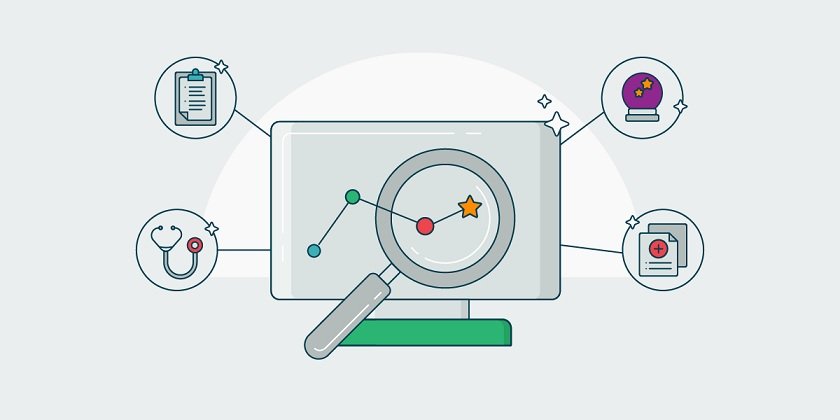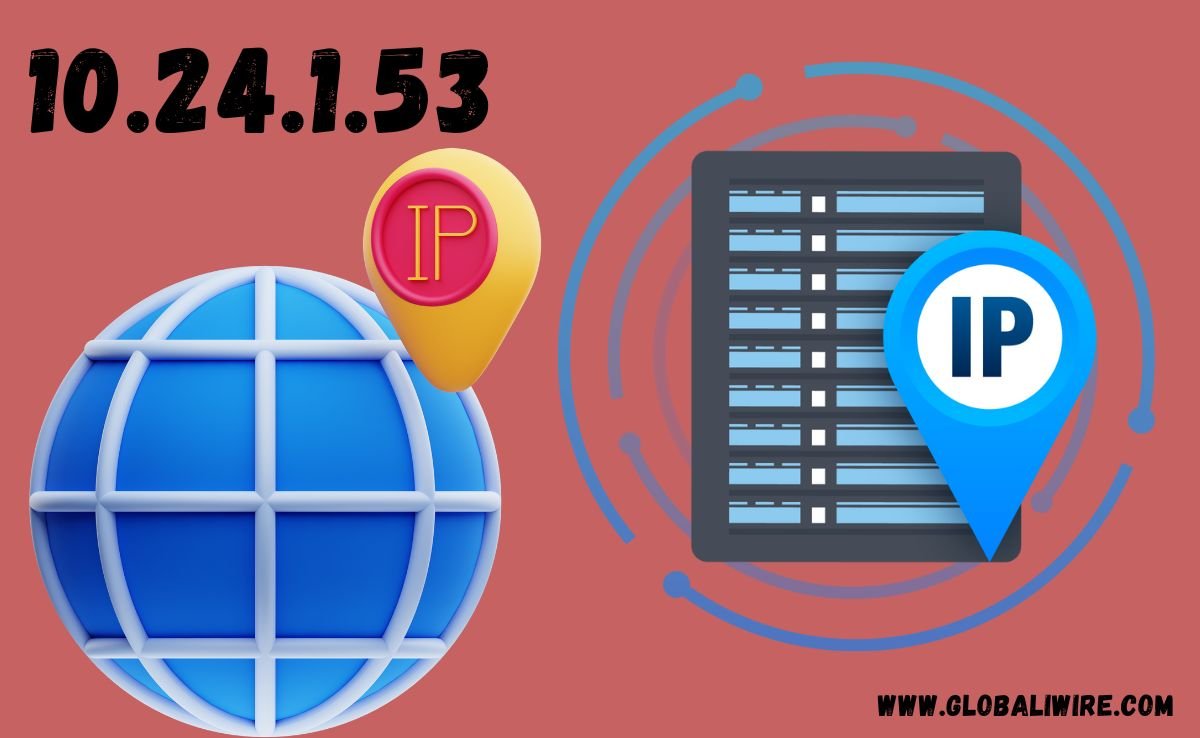Integrating AI with business analytics is transforming how organisations turn raw data into actionable insights. The process begins with collecting and cleaning vast amounts of data. AI algorithms then analyse this data, uncovering patterns and trends that would be impossible for humans to detect. These insights drive informed decision-making, allowing businesses to optimise operations, enhance customer experiences, and increase profitability.
The importance of taking a course in IIT Data Science and business analytics cannot be overstated. Such courses equip professionals with the necessary skills to harness the power of AI effectively. This education provides a competitive edge in the job market, preparing individuals to lead data-driven initiatives and drive innovation within their organisations. Investing in AI and analytics education is a strategic move that can significantly boost career prospects and contribute to long-term success in the rapidly evolving business landscape.
Data governance is crucial to maintaining data quality and compliance. Regular staff training on new tools and technologies promotes a data-driven culture. It’s also important to iterate and refine AI models continually, ensuring they remain relevant and accurate as business needs evolve.
The tools and technologies for integrating AI into business analytics are diverse and robust. Machine learning platforms, such as TensorFlow and PyTorch, facilitate the development and deployment of AI models. Data visualisation tools, like Tableau and Power BI, help present complex data in an understandable format. Additionally, cloud computing services, such as AWS and Azure, provide scalable infrastructure to handle large datasets and perform advanced analytics efficiently.
Harnessing Machine Learning for Predictive Analytics
Machine learning is revolutionising predictive analytics. It allows businesses to forecast trends, behaviours, and outcomes with high accuracy.
- Data Collection: Gather large datasets from various sources.
- Model Training: Use algorithms to identify patterns.
- Prediction: Apply models to predict future trends.
- Continuous Improvement: Regularly update models for accuracy.
Benefits
- Better decision-making.
- Enhanced customer targeting.
- Improved risk management.
AI in Business Strategy: Transforming Data into Action
AI is a game-changer for business strategy. It turns data into actionable insights quickly and efficiently.
- Data Analysis: AI processes large volumes of data.
- Strategic Insights: Identifies key trends and opportunities.
- Decision Support: Provides real-time recommendations.
Key Points
- Accelerates strategic planning.
- Increases competitive advantage.
- Enhances market understanding.
Automated Insights: The Role of AI in Real-Time Analytics
Real-time analytics powered by AI offers immediate insights, which is crucial for dynamic business environments.
- Real-Time Data Processing: AI analyses data as it is generated.
- Instant Feedback: Provides up-to-the-minute insights.
- Adaptive Responses: Enables quick adjustments to strategies.
Advantages
- Improves operational efficiency.
- Enhances responsiveness to market changes.
- Reduces time-to-decision.
AI-Enhanced Customer Analytics: Personalization at Scale
AI allows businesses to deliver personalised experiences to millions of customers.
- Customer Segmentation: Identifies distinct customer groups.
- Personalised Marketing: Tailors messages to individual preferences.
- Behavior Prediction: Anticipates customer needs and actions.
Benefits
- Increases customer satisfaction.
- Boosts sales and engagement.
- Enhances loyalty and retention.
Optimising Operations: AI in Supply Chain and Logistics
AI optimises supply chains and logistics, making them more efficient and cost-effective.
- Demand Forecasting: Predicts future product demand.
- Inventory Management: Optimizes stock levels.
- Route Optimization: Improves delivery times and reduces costs.
Key Benefits
- Reduces operational costs.
- Improves supply chain efficiency.
- Enhances customer service.
Building a Data-Driven Culture: Training and Adoption
Creating a data-driven culture is essential for maximising the benefits of AI and machine learning.
- Training Programs: Educate employees on data literacy and AI tools.
- Leadership Buy-In: Ensure support from top management.
- Collaborative Environment: Foster a culture of collaboration between data scientists and business units.
Steps to Success
- Invest in continuous learning.
- Encourage data-driven decision-making.
- Implement user-friendly AI tools.
Importance of Courses
- Gain practical skills in AI and analytics.
- Stay ahead of technological trends.
- Enhance career opportunities.
Adopting a data-driven culture involves educating the workforce, securing leadership support, and promoting cross-functional collaboration. Training programs in AI and analytics are vital, equipping professionals with the skills needed to leverage these technologies effectively and stay competitive in the job market.
Conclusion
Advanced AI models and automated machine learning (AutoML) are making data analysis faster and more accurate. Real-time data processing tools are becoming standard, enabling instant decision-making.
The role of data scientists and analysts is evolving. Their expertise in AI and machine learning is crucial for interpreting complex data and deriving actionable insights. As AI tools become more user-friendly, the demand for skilled professionals who can leverage these technologies is growing.
Predictions for the next decade in AI-driven business analytics are exciting. We expect to see AI become even more integrated into business processes. Predictive and prescriptive analytics will guide business strategies with unprecedented precision. AI will enhance customer personalisation, streamline operations, and optimise financial forecasting.
The importance of taking a course in AI, machine learning, and IIT Business Analytics cannot be overstated. Such education provides a career boost, offering practical knowledge and skills that are highly valued in the job market. Professionals equipped with these skills are better positioned to lead in data-driven environments, ensuring they stay ahead of the curve.
In conclusion, the future of AI and machine learning in business analytics is bright and full of potential. By staying updated on emerging trends, evolving roles, and predictions, and by investing in relevant education, individuals can significantly enhance their careers and contribute to the innovative transformation of businesses.



